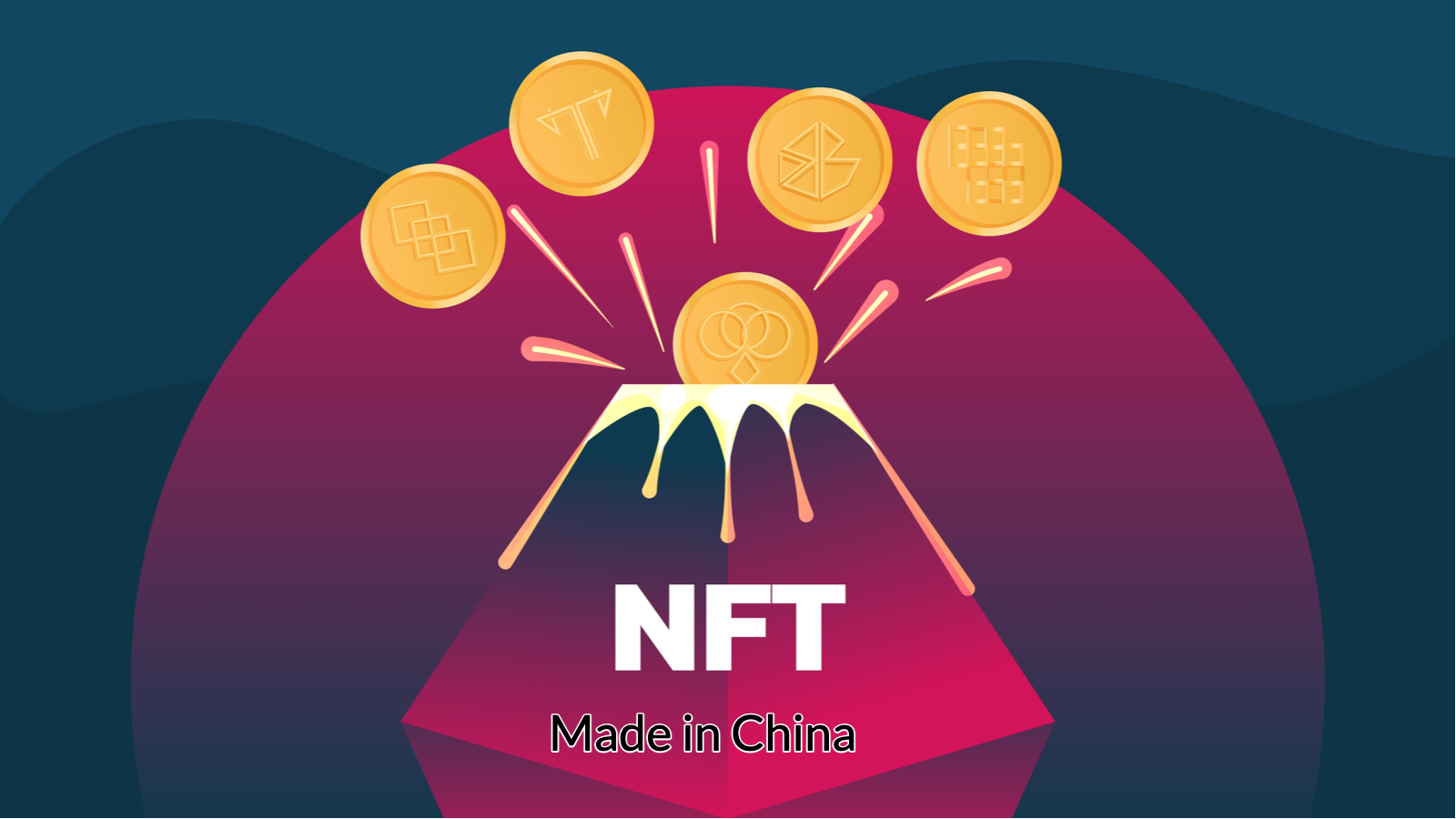NFT
Non-fungible tokens have been on a recovery path since early 2023 after a severe bearish market. As a result, NFTs have attracted the attention of the Chinese authorities. China’s national office responsible for prosecution, the Supreme People’s Prosecutor’s Office, recently released a document aimed at establishing a legal infrastructure for non-fungible tokens.

What Chinese authorities said about NFTs
The Supreme People’s Prosecutor’s Office has released the guidelines to deal with the process of dealing with NFTs. It insisted on the need for a comprehensive risk assessment and appropriate punishment of the related crimes.
In their official document, the Chinese authorities specifically work hard to distinguish between ‘true innovation’ and ‘pseudo-innovation’. This report sets out a legal position that when purchasing digital NFT assets, users do not need ownership in the conventional sense as described by civil law.
In addition, consumers appear powerless to prevent other users from copying, accessing and sharing the digital assets designated by NFTs, as highlighted in the document. Nevertheless, what these consumers manage to keep is an exclusive privilege to protect the ownership record published on the blockchain from possible changes.
In particular, the Supreme People’s Prosecutor’s Office has expressed concern about NFTs, mainly due to their resemblance to virtual assets. These assets are already banned in the country.
Interestingly, the authorities point to the risks associated with NFTs and specifically question the true ownership and control of digital art, as written by China’s Supreme Prosecutor’s Office.
What future developments might come?
The authorities in China seem to be reacting to the fact that NFTs are rapidly gaining popularity in the Asian nation. Paradoxically, its popularity seems to have increased due to the ban on crypto trading and all other related services. This ban was introduced in 2021 and has wiped out almost all activity in the local crypto sector.
Based on the argument of the authorities, NFTs can be copied, duplicated and distributed. This may prevent consumers from fully enjoying their property rights. The issue of real ownership in the virtual world remains a huge challenge, they say.

Nevertheless, China is reorganizing the potential of blockchain technology and the development potential of NFTs. The Asian powerhouse seems interested in blockchain and its various applications. Still, the government seems keen to control and reserve the new sector for various nationalized purposes.
The Chinese government is already planning to launch an NFT marketplace to allow users to trade digital collectibles. It is hosted on the China Cultural Security Chain network.

